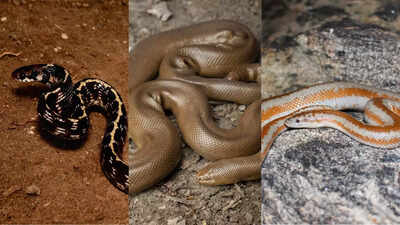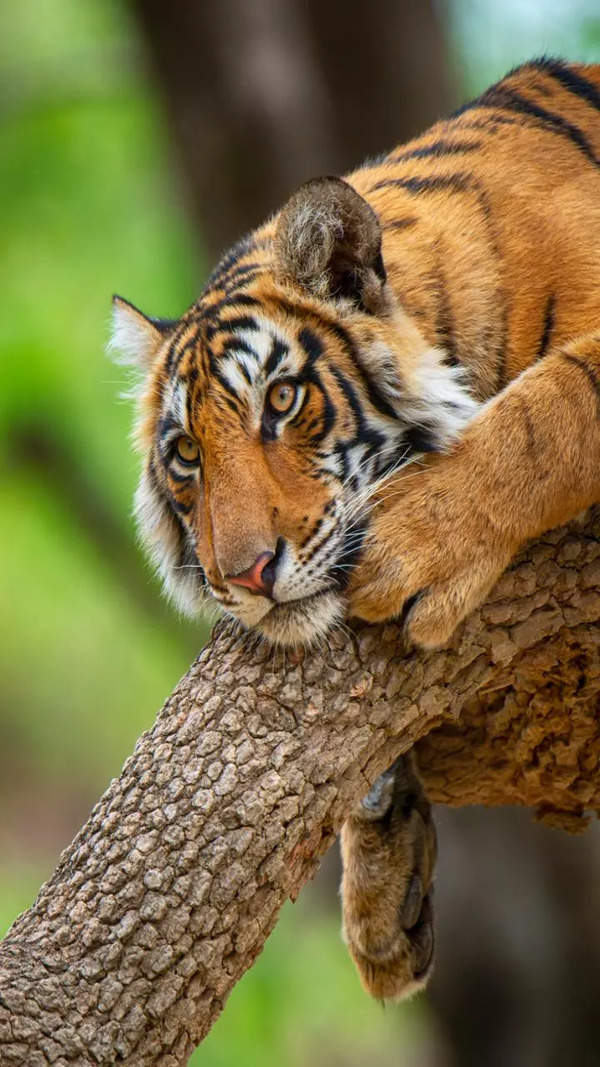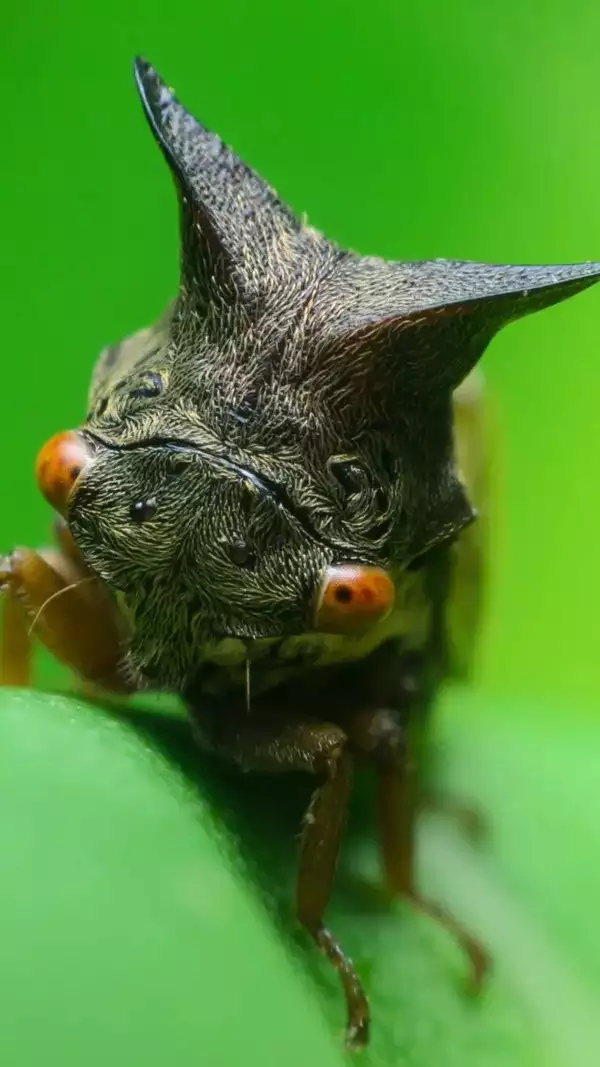Trending
8 Snakes that don’t usually bite including corn snakes, ball python and more
Snakes primarily bite in self-defense, often due to fear, hunger, or stress from poor handling. However, some species, especially those bred in captivity, are less prone to biting. These include corn snakes, hognose snakes, rosy boas, rubber boas, garter snakes, ball pythons, egg-eating snakes, and Children's pythons, making them suitable for pet enthusiasts.
Biting in snakes is usually a defensive activity, and several factors trigger the behavior. Among the most common reasons for biting is fear. When a snake feels threatened, it will always instinctively go for biting since it feels its life is at risk. The other cause of biting is hunger, where the snake bites mistakenly when it has mistaken movement to be potential prey. In addition, snakes become cranky when they are shedding their skin, which increases the chances of biting. Lastly, poor or over-handling of snakes can make them agitated and cause them to bite because of stress.
Though these are the most common causes of snake bites, some species of snakes are less likely to bite, especially if they are bred in captivity. These snakes are often bred for their docile and calm nature, which makes them more manageable as pets.
Snakes that are less likely to bite
Corn snakes

Corn snakes are harmless, gentle snakes. They are great beginner snakes because they grow to around four feet in length, so they do not require large enclosures. By nature, captive-bred corn snakes are milder than their wild counterparts. They seldom bite, and even when they do, the bites are minimal and are not usually severe enough to penetrate the skin.
Hognose snakes

The hognose snake is well known for its peculiar appearance, characterized by an upturned snout. When threatened, instead of biting, these snakes will play dead. They will roll over onto their backs, exposing their belly, and remain motionless, even sticking their tongue out. Hognose snakes are technically venomous, but their venom is harmless to humans. They rarely bite, and their venom has little to no effect if a bite does occur.
Rosy boas

Rosy boas are small, sluggish snakes that tend not to strike. They make excellent pets since they are manageable and generally thriving in captivity. These snakes dig into sandy substrate and become hostile only when interrupted during the burrowing process. They may attack when they sense danger during burrowing, which is not frequent.
Rubber boas

Rubber boas are small, non-venomous snakes that rarely bite. They are very curious snakes, making them good pets. However, in the wild, their curiosity leads to danger. They reach a maximum length of three feet, so enclosure size is manageable. Rubber boas are usually docile and love to be handled, and bites are rare.
Garter snakes

Garter snakes can be found nearly everywhere in the United States, and they do not take a lot of efforts to tame them. They appear friendly and are very curious animals when kept under captivity, given that they originated from a renowned breeder.
These snakes don't have any fangs or venom, meaning bites are practically impossible. Assuming they do decide to bite you, their fangs are minimal and cannot puncture your skin in a hazardous manner.
Ball pythons

Ball pythons are known to be docile and thus many times people prefer them as pets. They curl up when threatened instead of biting. This defensive behavior reduces the chances of being bitten drastically. Not being picky eaters about food, ball pythons are low maintenance, and they hardly bite, neither in the wild nor in captivity.
Egg-eating snakes

Egg-eating snakes, for example, African egg-eating snake, do not have any teeth to bite. These snakes only eat bird eggs, for example, quail eggs, and cannot pose a biting danger to humans. Even though they do not have any teeth, these snakes might try to bite if they are not used to being handled. However, after getting used to their human care-givers, they are less likely to bite.
Children's pythons

Children's pythons are a great choice for snake owners, especially beginners. They are native to Australia and grow to an average length of four feet. They are friendly snakes. They are easy to care for, as they feed on mice and rats. These pythons are adaptable to various habitats, making them suitable for a variety of enclosure conditions. Children's pythons, in general, are not aggressive snakes and less liable to bite and even after adapting to their habitats.
Also Read | 10 snakes that live in deserts from Inland Taipan to Rattlesnakes
End of Article
FOLLOW US ON SOCIAL MEDIA
Visual Stories
Tired of too many ads?









